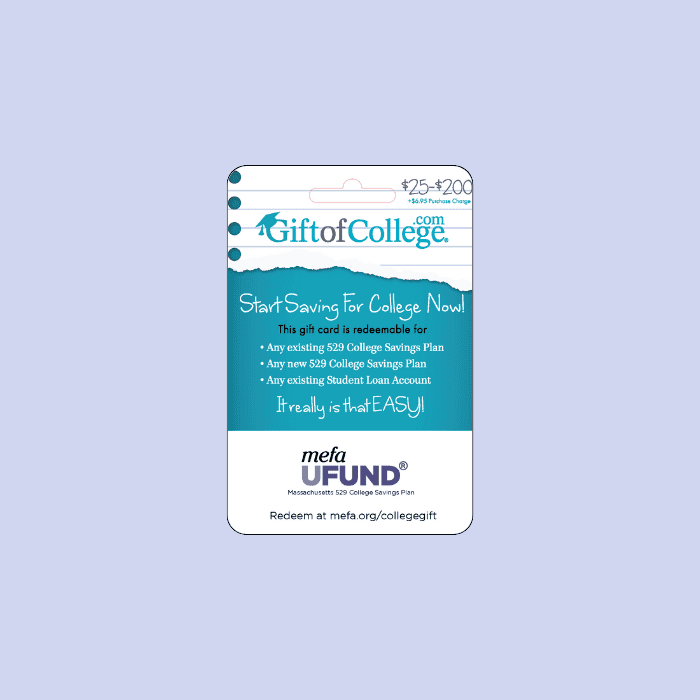Putting together your list of prospective schools for college admission? College fairs can be a great place to explore your college options. Located in various venues across the country, from large-scale events to more intimate high school-sponsored gatherings, college fairs offer students and their families the opportunity to learn about many colleges and universities all in one place. Before heading to a college fair, read our list of tips to make the most of your experience:
- Determine your priorities. Before you go, make a list of traits you are looking for in a college—a certain major, a specific type of setting, or other features such as study abroad opportunities or club sports. This will help narrow down the list of prospective schools and aid in conversations with college representatives.
- Check out the college list beforehand. Review the full list of schools that will be in attendance before you arrive, and make a note of the ones you want to connect with so you can prepare a list of relevant questions. Use MEFA Pathway to help you find schools that match your interests, and cross-check this list with the schools represented at the college fair.
- Visit each school’s website. Look through the website for each school whose booth you plan to visit at the fair. Learn more about specific academic programs and offerings, including internships, co-ops, and other potential opportunities to explore. Prioritize your questions to help you gain information that goes beyond what you can find online.
- Head to the information booth first. Most fairs have an information booth near the entrance. Make that your first stop to pick up the layout map and any other available materials. Use a pen or a highlighter with your map to track the booths you visit.
- Chart your course. Most college fairs arrange the schools in alphabetical order, so if it is crowded, you may want to approach the schools in reverse alphabetical order. Schools at the end of the alphabet may not be as busy early in the fair.
- Have an open mind. While you should prioritize the schools on your list, visit the booths of at least three schools you haven’t yet considered. You never know what you might discover.
- Present yourself well. Colleges often keep track of students who have stopped by their booth and spoken to an admissions representative, so make sure you look sharp and arrive prepared with a 10-second statement to explain your goals for your college career. Start the conversation with a handshake, an introduction, and a well-researched question relevant to your interests.
- Tap into alumni. Ask the college representatives if there are ways for you to connect with current students or alumni. This can help you learn more about the school and perhaps build a meaningful connection.
- Be organized. Bring an appropriate bag to carry all of the brochures you collect, and keep a pen and notepad handy to take notes as you learn about schools. If you plan to use a different email address for college admissions, set it up before you visit the fair (and make sure it’s professional). Admission representatives are also likely to have you fill out an information card at their booth, so save time by simply sticking pre-printed address labels with your name and contact information on the card.
- Take advantage of information sessions. Many fairs offer info sessions and workshops on various topics, including college athletics, financial aid, and application tips. Check out the list of opportunities beforehand and plan to attend a session that interests you.
- Send thank you emails. When you get home, send an email to each college representative you met (grab a business card at each booth you visit). Thank each rep for their time, reiterate your interest in each school, including specifics on what draws your attention the most, and share a small piece of information about how you’re working hard to prepare for college. If you can tie in a part of your conversation from the fair to jog the rep’s memory, do so.
A college fair provides a snapshot of the realm of possibilities for your future. Your school counselor will likely have a list of upcoming college fairs in your area, but you can also check the NACAC and NEACAC web pages for nearby events. After any fair you attend, continue to research colleges that piqued your interest. Explore their websites, schedule a campus visit, and meet with college representatives who visit your high school. When you invest in the search process, it will pay off tenfold when you find the right fit.













